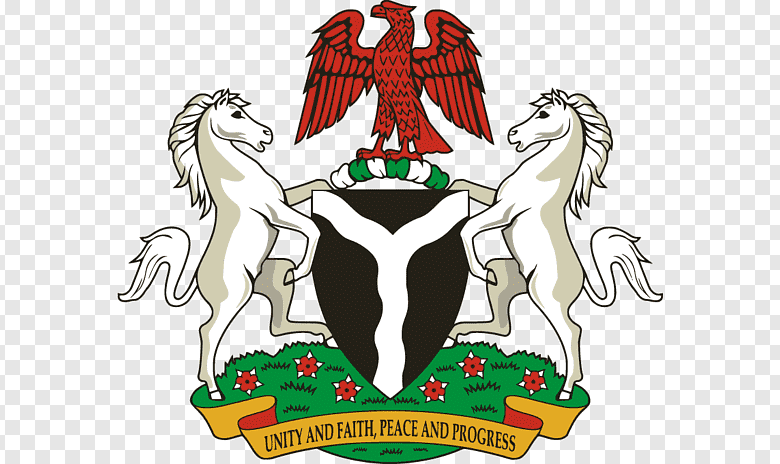FG reaffirms commitment to reduce carbon emissions in industries

The Federal Government has once again emphasized its dedication to reducing greenhouse gas and carbon emissions in Nigeria’s industrial sector.
This commitment was reiterated by the Minister of Environment, Malam Balarabe Lawal, at a stakeholders’ engagement workshop for the National Industrial Decarbonisation Programme (NIDP) held on Thursday, March 6, 2025, in Abuja.
Represented by Mr. Mahmud Kambari, the Permanent Secretary of the Federal Ministry of Environment, Lawal explained that the workshop aimed to help transition the country’s industrial sector towards a low-carbon economy.
“This engagement shows the government’s and stakeholders’ collective commitment to a sustainable and environmentally responsible industrial sector,” said Lawal.
He acknowledged the important role industrial activities play in driving economic growth, creating jobs, and contributing to national development. However, he pointed out that these activities also significantly contribute to greenhouse gas emissions, which lead to climate change and environmental damage.
“The NIDP’s launch is a strategic step in Nigeria’s journey to achieving net-zero emissions,” Lawal added. “This program will help promote cleaner technologies, improve resource efficiency, and support industries in moving towards low-carbon operations.”
The Minister assured that the government, through the Ministry of Environment and its agencies, remains committed to creating a favorable environment for industries to thrive sustainably.
Dr. Innocent Barikor, the Director-General of the National Environmental Standards and Regulations Enforcement Agency (NESREA), also spoke at the event, calling it a key moment toward a sustainable future for Nigeria.
“The NIDP represents our strong commitment to reducing greenhouse gas emissions and steering our industrial sector toward a low-carbon economy,” Barikor said. He noted that the initiative aligns with Nigeria’s international obligations under the Paris Agreement and the country’s ambitious goal of reaching net-zero emissions by 2060.
He further explained, “By adopting decarbonization strategies and creating a clear regulatory framework, we can reduce emissions and enhance our competitiveness in international markets.”
Barikor acknowledged the challenges of industrial decarbonization but highlighted the opportunities it presents for long-term environmental and economic benefits. “By working together, we can ensure that our industries not only meet global standards but also flourish in a low-carbon economy,” he added.
Rep. Garba Mohammed, Chairman of NESREA’s Governing Board, also addressed the gathering, describing the event as a milestone in Nigeria’s progress toward sustainable industrial development and environmental stewardship.
“Our industrial sector is crucial to Nigeria’s economy, but it is also a major source of carbon emissions. It’s our responsibility as environmental stewards to lead the transformation of industrial practices, adopt cleaner technologies, improve energy efficiency, and set up strong compliance and carbon credit trading systems,” he said.





